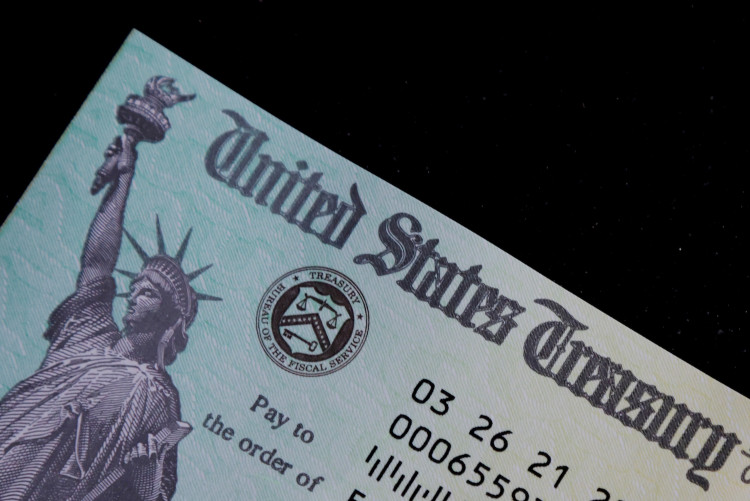The latest round of $1,400 checks is long gone for many people, even while other economic stimulus programs wind down - an issue that many Americans are thinking about as they continue to battle with joblessness and a sluggish labor market.
More than 2.8 million people have signed a Change.org petition calling on politicians to adopt laws allowing recurring $2,000 monthly payments, which was initiated last year. But what are the chances of this actually happening?
Unfortunately, not anytime soon, according to Wall Street analysts.
The Biden administration is focusing on advancing its infrastructure plan, which would change the economy by repairing old schools, roads, and airports, as well as investing in projects ranging from affordable housing to internet - that's one reason.
According to Stifel's Brian Gardner in an August 11 research note, the proposal, which the White House claims will be funded by raising the corporate tax rate from 21% to 28%, will undoubtedly consume Congress this fall.
In the meantime, several states are implementing their own stimulus checks. Gov. Gavin Newsom's latest initiative is expected to qualify about two-thirds of California citizens for a "Golden State Stimulus" payment.
Low- and middle-income residents who have submitted their 2020 tax forms will get $600 as a result of this endeavor. To assist counterbalance the burden of the pandemic, Florida and parts of Texas have authorized bonuses for teachers.
On July 15, the IRS released the first of six monthly cash payments into the bank accounts of parents who qualify for the Child Tax Credit (CTC), providing another type of stimulus relief to some families.
According to an analysis of Census data by the left-leaning advocacy group Economic Security Project, families got an average of $423 in their first CTC payment.
Eligible families will get up to $1,800 in cash from July to December, with the funds distributed in equal payments over the six months. The assistance is provided as part of President Joe Biden's American Rescue Plan, which includes an expanded CTC.
Families who meet the criteria will get $300 per month for each kid under the age of six, and $250 for children aged six to seventeen. The extra money would go toward child care, back-to-school materials, and other necessities, according to many families who spoke with CBS MoneyWatch.
If Biden's American Families Plan goes forward, families may get a bigger tax benefit in the future. The Child Tax Credit would be expanded through 2025 under that plan, giving families an additional four years of larger tax savings for their children.






